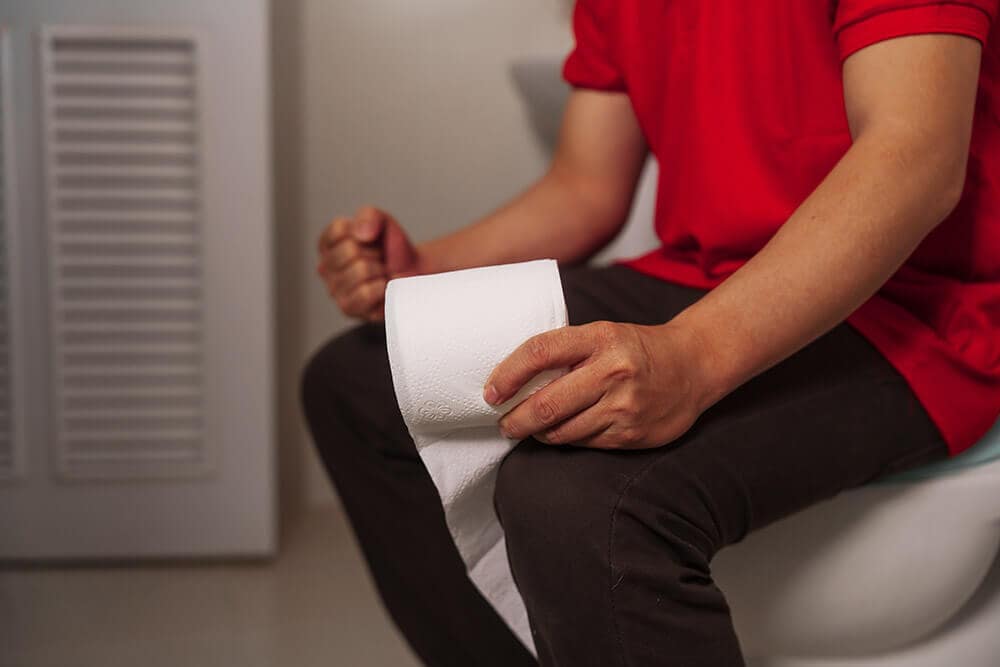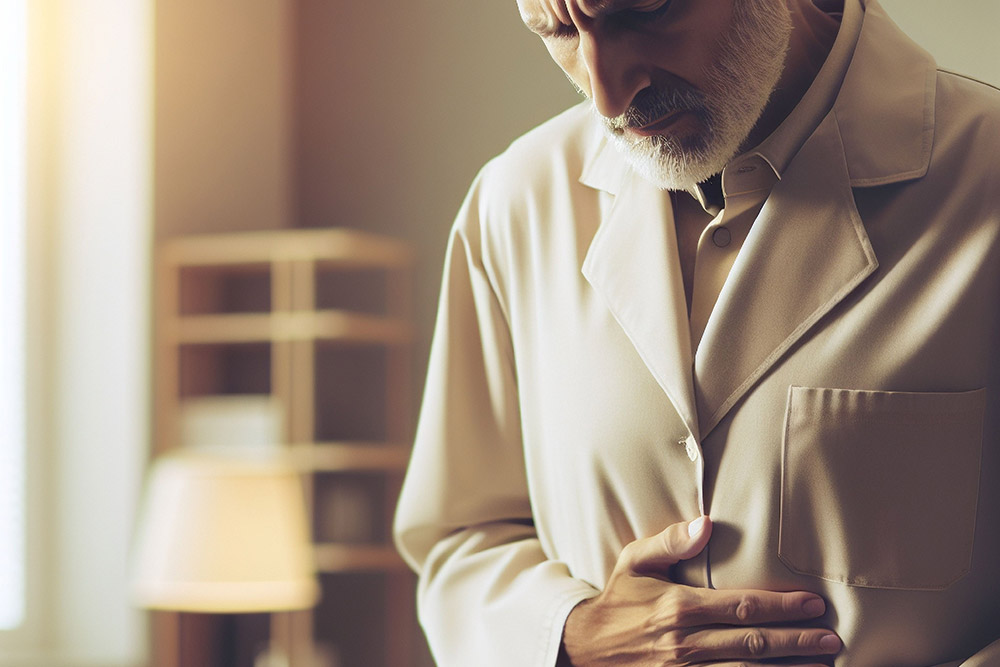What Is Iron Deficiency?
Iron deficiency happens when your body doesn-t have enough iron. Iron helps make red blood cells, which carry oxygen. Without it, you may feel tired, weak, or dizzy. In Houston, Dr. Rishi Chadha and the team at GastroDoxs offer answers, support, and treatment.
Common Causes and Risk Factors
- Not eating enough iron-rich foods (like in vegetarian diets)
- Blood loss (from heavy periods or stomach ulcers)
- Bleeding in the gut (like from hemorrhoids or gastritis)
- Needing more iron (if you're pregnant, a child, or an athlete)
- Trouble absorbing iron (like with celiac disease or after surgery)
- Family history of iron deficiency
Signs and Symptoms
- Brittle or spoon-shaped nails
- Restless legs at night
- Craving ice (pagophagia)
- Hair falling out more than normal
- Sores or cracks around the mouth
- Pale skin
- Feeling cold often
- Shortness of breath
- Headaches
- Feeling very tired, especially during pregnancy
How Dr. Rishi Diagnoses Iron Deficiency?
Dr. Chadha uses a step-by-step approach:
Medical History & Physical Exam
He reviews your full health history, dietary habits, menstrual or GI bleeding risks, and performs a targeted physical exam.
Blood Tests
He orders labs to measure hemoglobin, hematocrit and ferritin levels to confirm iron deficiency.
ICD-10 Coding
He applies the appropriate code (eg, D50.9) to accurately document your diagnosis and guide treatment.
Diagnostic Procedures (if needed)
- Upper endoscopy to look for ulcers or bleeding in the stomach.
- Colonoscopy to evaluate the colon for sources of blood loss.
- Capsule endoscopy to inspect the small intestine for hidden bleeding.
Frequently Asked Questions
What's the ICD-10 code for iron deficiency anemia?
D50.9 is the general code. Other codes (D50.0-D50.8) specify particular causes like nutritional deficiency or chronic blood loss.
How fast do iron supplements work?
Many patients begin to feel better within 2 to 4 weeks. Achieving full iron stores and symptom resolution can take several months of consistent therapy.
Can food fix low iron?
A diet rich in heme iron (meats) and non-heme iron (beans, spinach) plus vitamin C may correct mild deficiencies. More severe cases often require supplemental iron.
Do iron pills have side effects?
Yes. Common issues include stomach upset and constipation. Taking supplements with food or switching formulations can improve tolerability.
What are some odd signs of low iron?
Besides fatigue and pallor, watch for brittle or spoon-shaped nails, restless legs at night, ice cravings (pagophagia), hair loss, and mouth cracks.
Do pregnant women need more iron?
Absolutely. Pregnancy increases iron demands. Untreated deficiency can worsen fatigue, dizziness, and shortness of breath and affect both mother and baby.
How is iron deficiency diagnosed?
Diagnosis relies on blood tests measuring hemoglobin, hematocrit, serum ferritin, and sometimes transferrin saturation to confirm low iron stores.
When is IV iron needed?
IV iron is recommended if oral supplements are poorly tolerated, absorption is impaired, or levels are critically low requiring rapid correction.
Should I avoid some foods?
Avoid tea, coffee, and calcium-rich foods during iron-rich meals, as they can inhibit iron absorption. Pair iron foods with vitamin C sources instead.
Does Houston's heat affect iron levels?
Heat itself doesn-t lower iron, but high temperatures can exacerbate fatigue in iron-deficient individuals, making symptoms feel worse.











